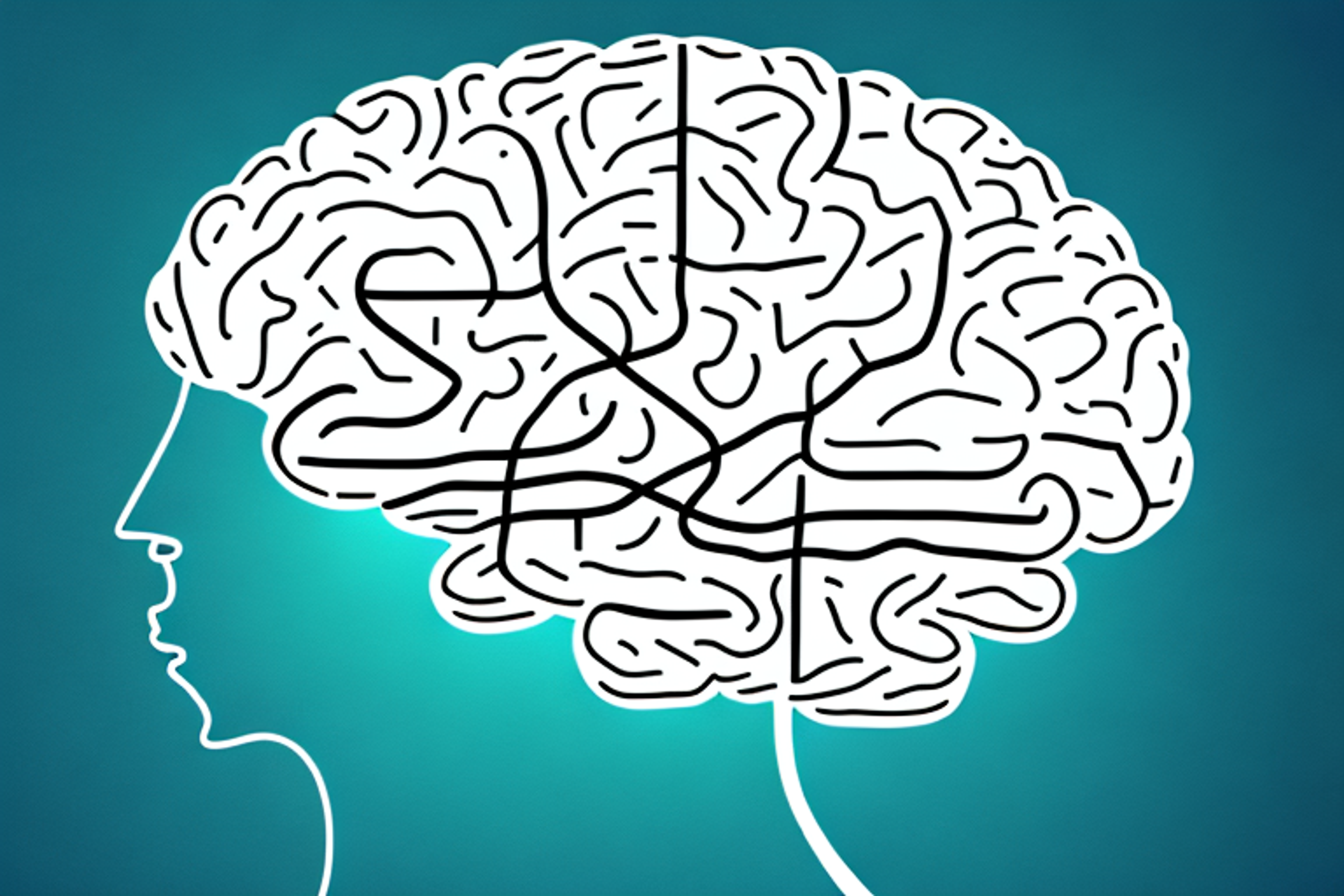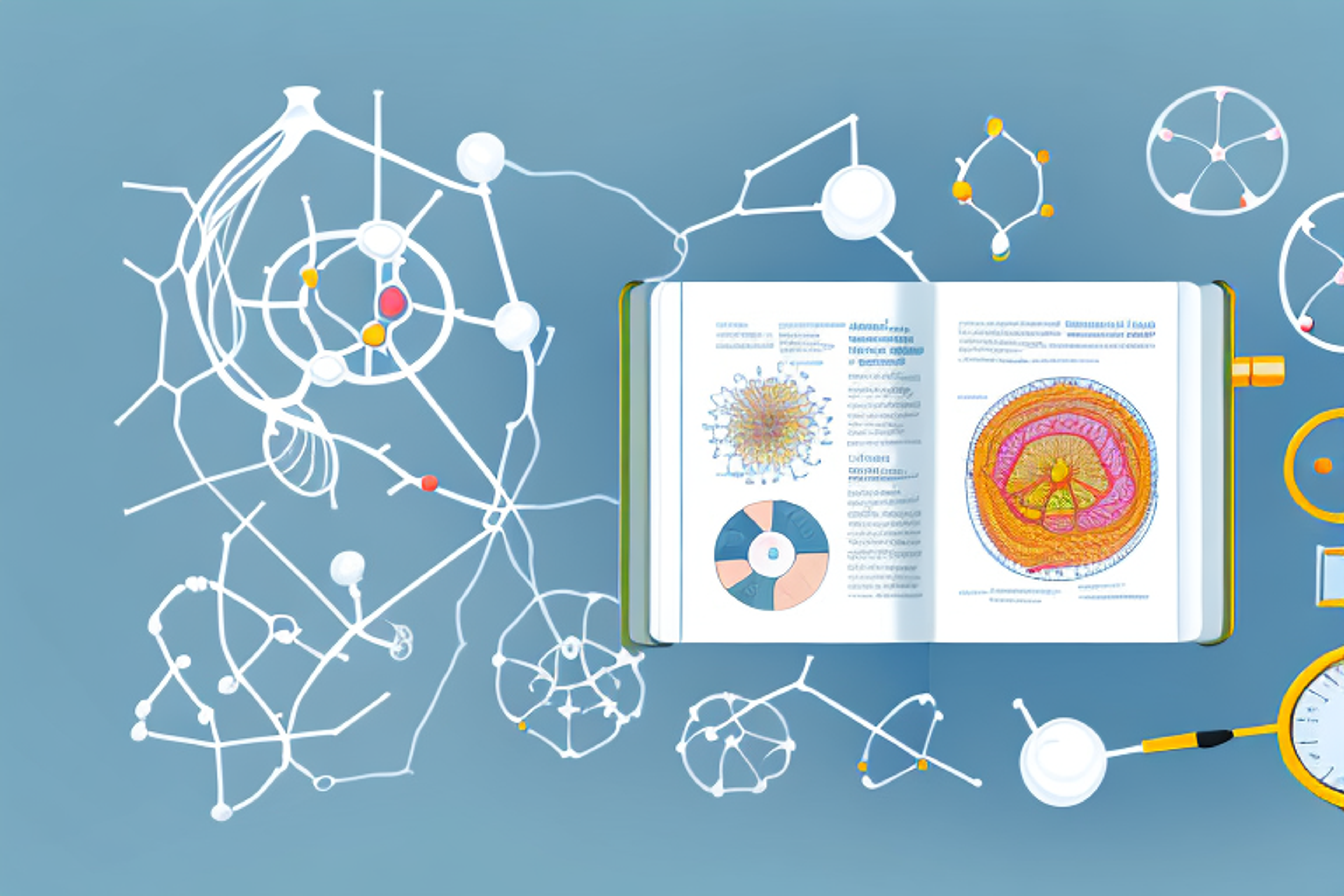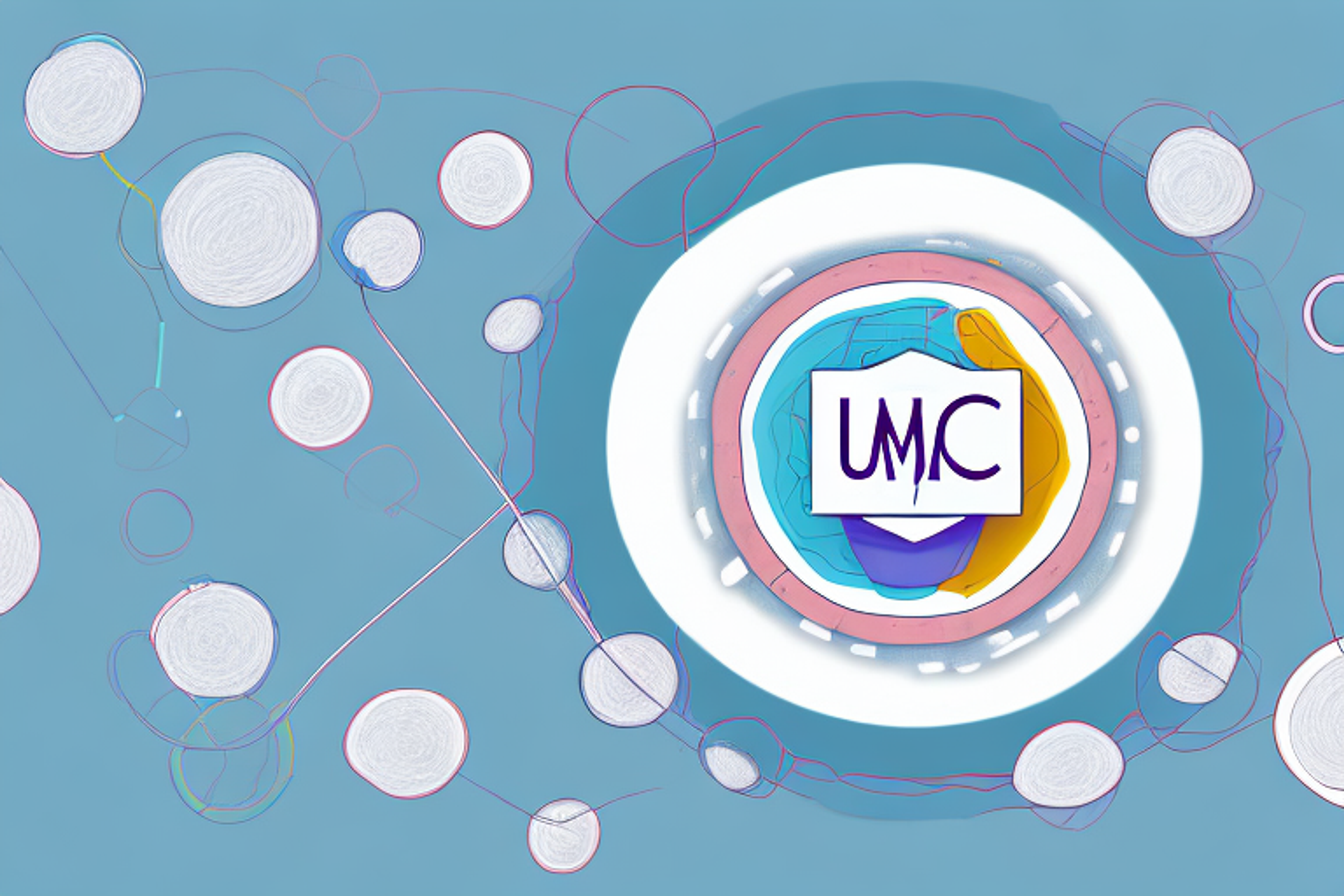Navigating MCAT Psychology: Unraveling the Mind for Exam Success
Get ready to ace your MCAT Psychology exam with our comprehensive guide! Our article, "Navigating MCAT Psychology: Unraveling the Mind for Exam Success," will help you understand the key concepts and strategies you need to know to succeed on test day.
Posted March 6, 2025

Table of Contents
Preparing for the MCAT is a daunting task, and one of the most challenging sections is the psychology section. However, a deep understanding of the human mind is essential for an aspiring doctor, and studying psychology can provide invaluable insights into human behavior, emotion, and cognition. In this article, we'll explore the key concepts, strategies, and resources you need to master MCAT Psychology and achieve success on exam day.
The Importance of Understanding Psychology for MCAT Success
Psychology is the scientific study of human behavior and mental processes. On the MCAT, psychology is tested in the context of human health and disease, so you need to be familiar with psychological theories, concepts, and methods that are applicable to medicine. Understanding psychology will help you think critically about the human mind and body, which will in turn help you diagnose and treat patients effectively as a physician.
Moreover, psychology is an essential component of the MCAT exam, as it covers a wide range of topics such as social psychology, developmental psychology, and abnormal psychology. By understanding these topics, you will be able to comprehend the psychological factors that influence health and illness, and how they can be managed in a clinical setting.
Furthermore, having a solid foundation in psychology will also help you develop strong communication skills, which are crucial for effective patient care. As a physician, you will need to communicate with patients from diverse backgrounds, and understanding their psychological needs and concerns will enable you to provide them with the best possible care.
Key Concepts in MCAT Psychology: A Comprehensive Overview
Some of the key concepts you need to master for MCAT Psychology include sensation and perception, learning and memory, motivation and emotion, social and cultural influences on behavior, personality, and psychological disorders. Pay close attention to how these concepts relate to health and disease, and how they can be used to inform medical practice.
It is also important to understand the different research methods used in psychology, such as experimental, correlational, and observational studies. These methods are used to gather data and test hypotheses about human behavior and mental processes. Additionally, understanding the ethical considerations involved in conducting psychological research is crucial for any medical practitioner.
Cognitive Processes and the MCAT Exam: What You Need to Know
Cognitive processes refer to mental processes involved in thinking, learning, and memory. Some of the cognitive processes that are important for MCAT psychology include attention, perception, memory, language, problem-solving, and decision-making. You need to understand how these processes work in order to handle questions on the exam that test your ability to apply cognitive processes to real-world scenarios relevant to healthcare.
One important aspect of cognitive processes that is relevant to the MCAT exam is the concept of working memory. Working memory refers to the ability to hold and manipulate information in your mind for a short period of time. This is important for tasks such as mental arithmetic and problem-solving, which are common on the MCAT exam. Understanding how working memory functions can help you to better manage your time and resources during the exam.
Another important cognitive process that is relevant to the MCAT exam is metacognition. Metacognition refers to the ability to reflect on and monitor your own thinking processes. This is important for the MCAT exam because it allows you to identify areas where you may need to improve your understanding or study habits. By developing your metacognitive skills, you can become a more effective learner and test-taker.
Mastering the Psychological Theories and Principles Tested on the MCAT
Psychological theories and principles can help you make sense of human behavior, thought, and emotion. For example, understanding Piaget's theory of cognitive development is helpful in understanding how children learn and develop cognitively. You need to be familiar with prominent psychological theories and principles such as classical and operant conditioning, social learning theory, and motivation theories like Maslow's hierarchy of needs. Gaining a deep comprehension of these theories will help you tackle the MCAT exam with confidence.
Additionally, it is important to understand the different types of memory, such as sensory memory, short-term memory, and long-term memory. Knowing how memory works can help you understand how information is stored and retrieved, which is crucial for success on the MCAT. Furthermore, understanding the different types of psychological disorders, such as anxiety disorders, mood disorders, and personality disorders, can help you identify symptoms and understand treatment options. Overall, mastering these psychological theories and principles will not only help you on the MCAT, but also in your future career as a healthcare professional.
How to Analyze and Interpret Psychological Data on the MCAT
Data analysis and interpretation are significant components of the MCAT psychology section, and you need to know how to apply basic statistical concepts to evaluate research data. You should be familiar with descriptive and inferential statistics, study designs, and the research process. Remember to pay attention to study bias, validity, and reliability to make sound conclusions when interpreting data and answering questions on the exam.
One important aspect of analyzing and interpreting psychological data on the MCAT is understanding the different types of variables used in research. Independent variables are manipulated by the researcher, while dependent variables are measured to determine the effect of the independent variable. It is important to identify these variables in research studies to understand the relationship between them and draw accurate conclusions.
Another key factor to consider when analyzing psychological data is the ethical implications of the research. As a future healthcare professional, it is important to understand the ethical principles that guide research involving human subjects. This includes obtaining informed consent, protecting confidentiality, and minimizing harm to participants. Understanding these principles can help you evaluate the ethical implications of research studies and make informed decisions when interpreting data on the MCAT.
Tips for Effective Time Management During the Psychology Section of the MCAT
Time management is a crucial component of test-taking success. Ensure you practice effective time management techniques to ensure that you have enough time to answer all questions and avoid spending too much time on any one question. The MCAT psychology section consists of 59 multiple choice questions and lasts 95 minutes. Dedicate time to each question, but don't lose sight of the overall time remaining for the section.
Common Pitfalls to Avoid When Studying for MCAT Psychology
Studying for the MCAT psychology section can be overwhelming, and it's easy to fall into the trap of trying to memorize everything. Avoid the temptation to memorize concepts without truly understanding them. Instead, focus on gaining a deep understanding of concepts, develop critical thinking skills, and utilize effective adaptive learning methods to facilitate effective retention and application of the knowledge acquired.
How to Improve Your Retention of Psychological Concepts for the MCAT
Retaining course material can be a daunting task for any student. However, there are several proven methods that can help. Practice active listening, effective note-taking, memory techniques, spaced repetition, and practice problems. Active learning techniques such as self-quizzing and summarizing course content to enhance long-term retention.
Best Study Resources for MCAT Psychology Preparation
The MCAT psychology section is challenging, and you need comprehensive study materials to prepare proficiently. There are various study resources available online, including review books, video lectures, practice questions, and flashcards. Consider your learning style and tailor study resources that suit your needs. Try to incorporate different formats of review materials to facilitate effective learning.
Strategies for Answering Difficult Questions on the MCAT Psychology Section
The MCAT psychology section can feature tricky questions that require careful analysis. To answer such questions, first attempt them to the best of your ability, then use process of elimination to get rid of any blatantly incorrect answer choices. Use the knowledge you have acquired, along with critical thinking skills to deduce the correct answer.
Understanding Biopsychology and its Significance in the MCAT
Biopsychology, also known as behavioral neuroscience, is a field that studies the biological mechanisms underlying behavior. The MCAT psychology section covers biopsychology concepts, such as neurological disorders, brain structure, and function that affect behavior. Hence, understanding biopsychology and its relationship to behavior is vital for any aspiring physician.
Preparing for Experimental Design Questions in MCAT Psychology
Experimental design refers to the selection, manipulation, and measurement of variables in research to test hypotheses. On the MCAT psychology section, you may be presented with experimental design questions that test your ability to apply your knowledge of research design. Familiarize yourself with the different types of studies conducted in psychology, such as cross-sectional, longitudinal, naturalistic observation, and experimental designs, to equip yourself adequately for the exam.
The Role of Ethics and Professional Conduct in MCAT Psychology
Ethics and professional conduct are critical to any healthcare profession, including psychology. The MCAT psychology section also tests on ethical principles and regulations governing conduct in research and clinical settings. Familiarize yourself with the APA's Ethical Principles of Psychologists and Code of Conduct and understand the implications of their application in the context of medical practice.
How to Boost Your Confidence Before Taking the Psychology Section of the MCAT
Confidence is key to test-taking success. To boost your confidence before taking the MCAT psychology section, practice a lot, have a solid study plan, and use methods such as visualization, positive self-talk, and mindfulness to cope with anxiety during the exam. Ensure you have adequate rest and nutrition the night before the exam and arrive early to the exam center to give yourself ample time to relax and gather your thoughts before the exam.
In conclusion, mastering MCAT psychology is essential in understanding the psychological and biopsychological aspects of medicine. By familiarizing yourself with the key concepts and strategies outlined above, you will be well-positioned to ace this section and pursue a career as a competent physician.












